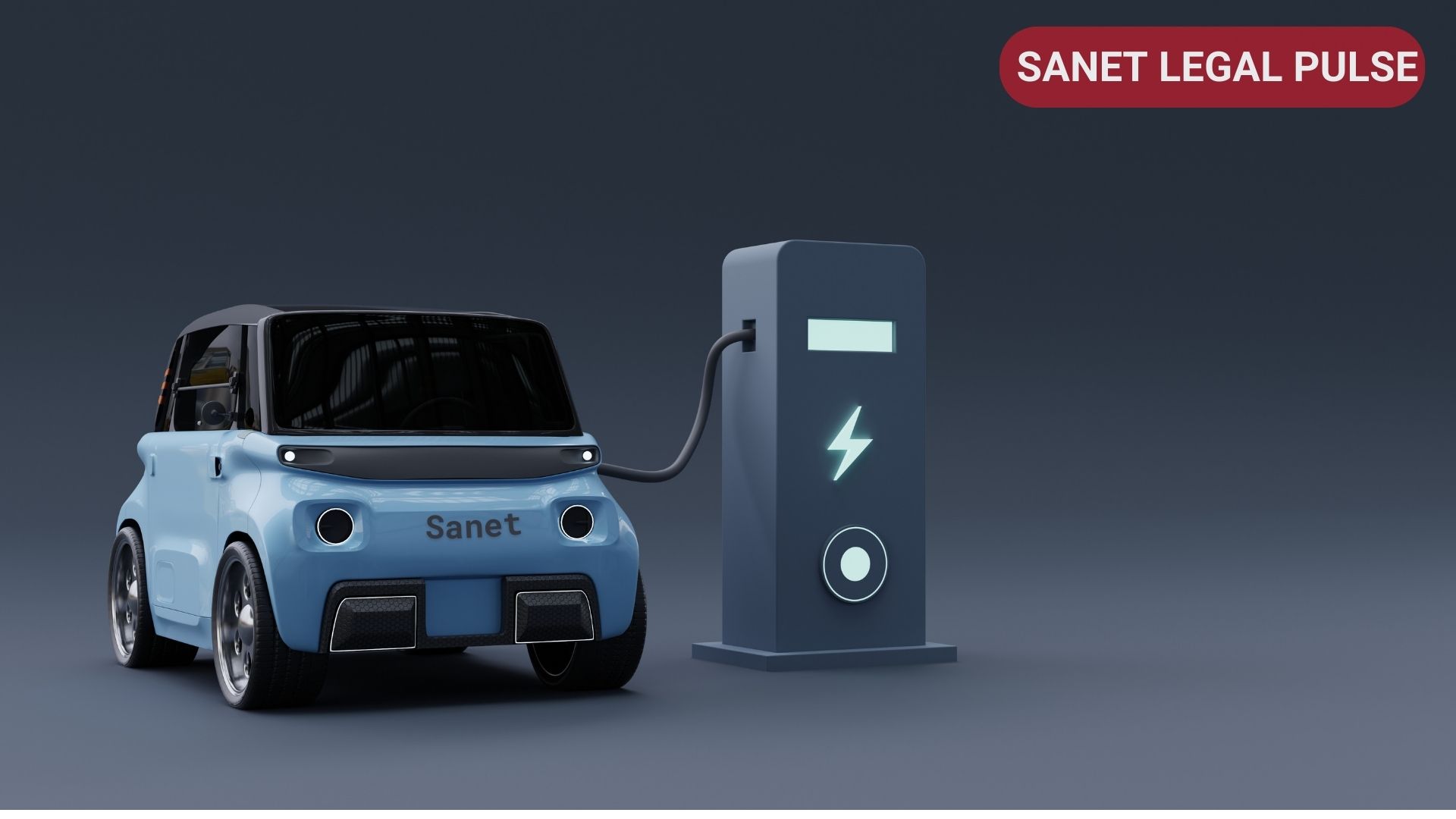Thailand strives for Electromobility!
Investment authority to focus on EVs
The Thai government has approved a new incentive package to promote electromobility (EV). The new incentive package is being marketed as “EV 3.5” (previously EV.3) and is intended to help Thailand produce at least 30 percent of all vehicles produced as zero-emission e-models by 2030. At the same time, the country is to become a regional center for e-car production. Subsidies are provided by the Board of Investment.
The package includes subsidies for the purchase of electric vehicles. Depending on the type of vehicle and battery capacity, buyers receive a subsidy ranging from 5,000 to 100,000 baht. For example, for electric cars with a price of less than 2 million baht and a battery capacity of at least 50 kWh, the subsidy is 50,000 to 100,000 baht. For electric cars with a price of less than 150,000 baht and a battery capacity of at least 3 kWh, the subsidy is 5,000 to 10,000 baht.
In addition, the excise duty on electric cars will be reduced. For models under 7 million baht, the tax will fall from 8 percent to 2 percent. In the first two years (2024-2025), it is planned to reduce import duties for electric cars by up to 40 percent.
Incentive for local production and purchase of electric cars
However, the focus should be on local production. And in order to promote this, importers will have to produce two vehicles in Thailand for every imported electric car from 2026. From 2027, it will even be three vehicles. This obligation is intended to motivate importers to produce in Thailand. In return, the Thai Board of Investment is also offering other support measures, such as subsidies for local production. After all, if they do not invest in local production, it will be more difficult for them to sell electric cars in Thailand. As a further incentive, the existing registration deadline for electric cars under the predecessor program “EV 3” has been extended until 31 January 2024.
Thailand had already placed a strong focus on electromobility in recent years. In the first year of the EV 3 promotion program (2022), the number of newly registered electric vehicles increased 7.6-fold. A total of 77.6 billion baht has already been invested in the Thai e-mobility industry since 2017.
The new “EV 3.5” package is now intended to contribute to the further development of electromobility in Thailand and to further accelerate it. The planned subsidies support interests to make the purchase of electric vehicles significantly more affordable. Further incentives such as the planned reduction in excise tax and import duties are also intended to boost demand for electric cars. The commitment to local production of electric cars also offers opportunities for employees through the creation of new jobs.
Opportunities and challenges
Nevertheless, the promotion of electromobility in Thailand not only offers opportunities for growth, it also comes with challenges. First, the Thai infrastructure must be upgraded to meet the requirements of electromobility. This includes the installation of a dense network of charging stations. However, the most important thing will be the provision of electricity from renewable energies so that emissions are actually reduced. Only then can the Thai population be convinced of the benefits of sustainability and electromobility.

